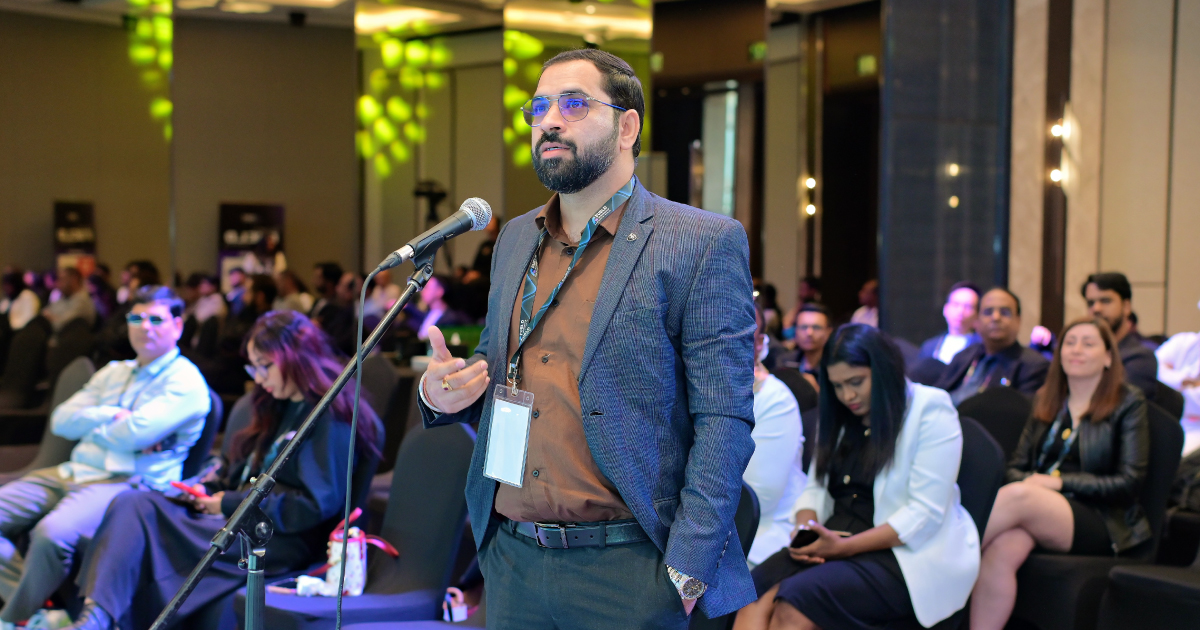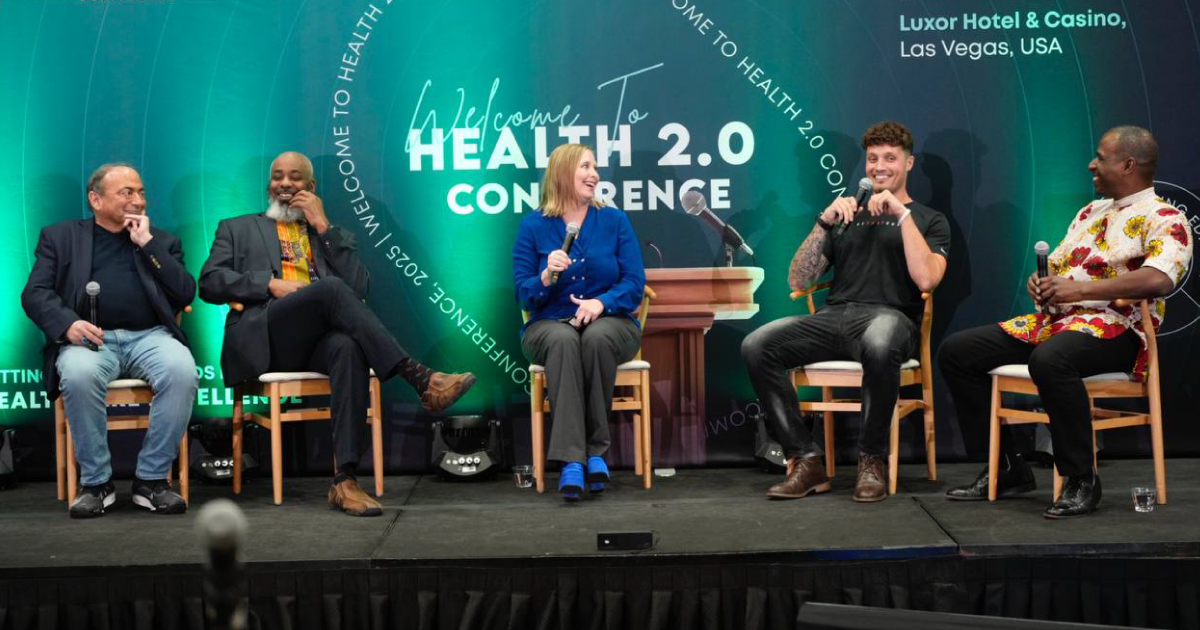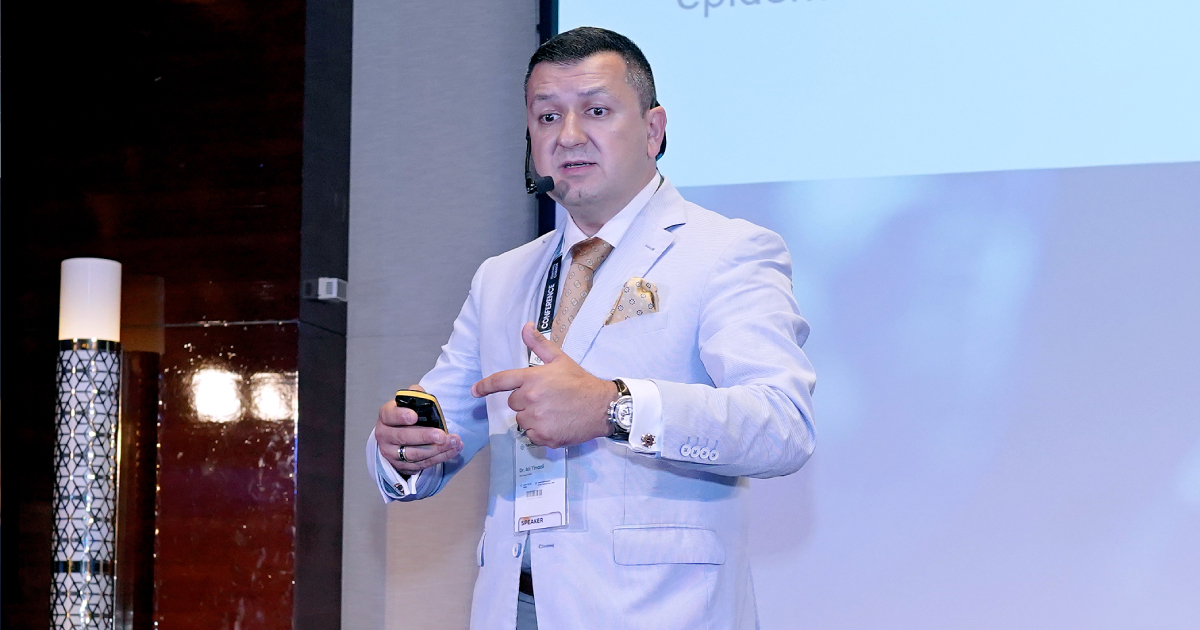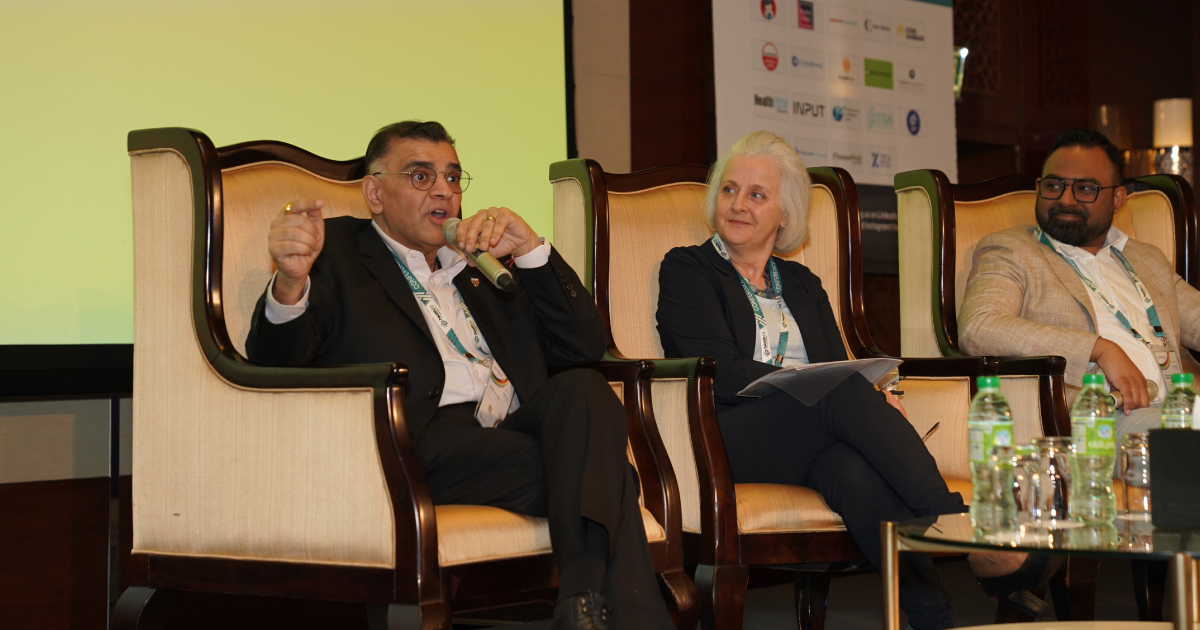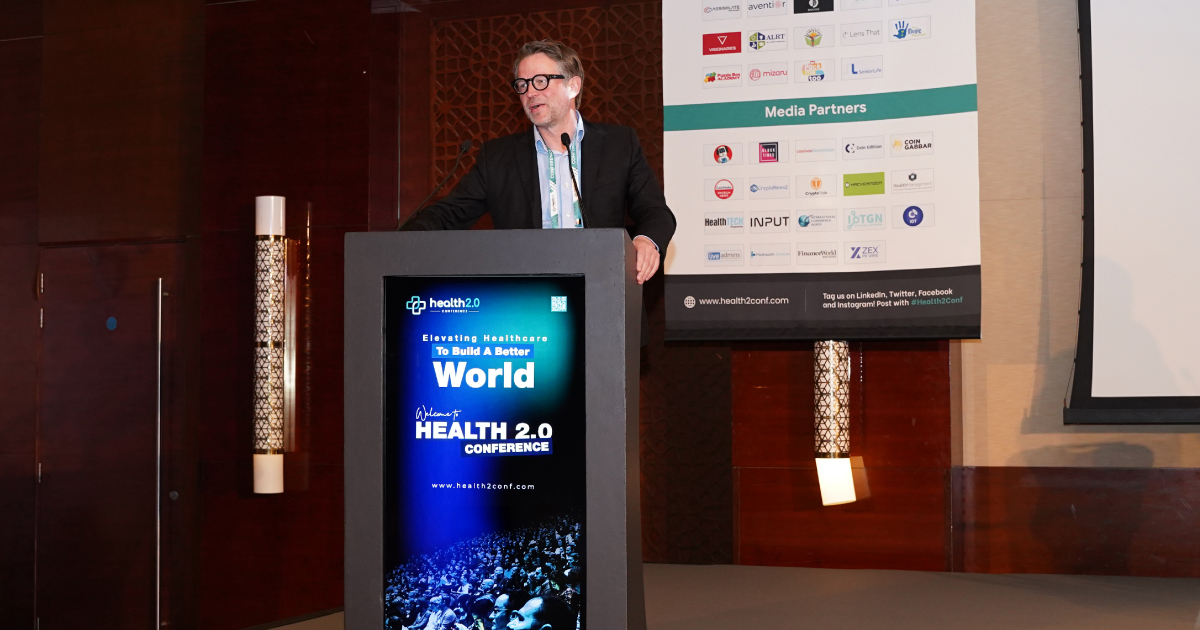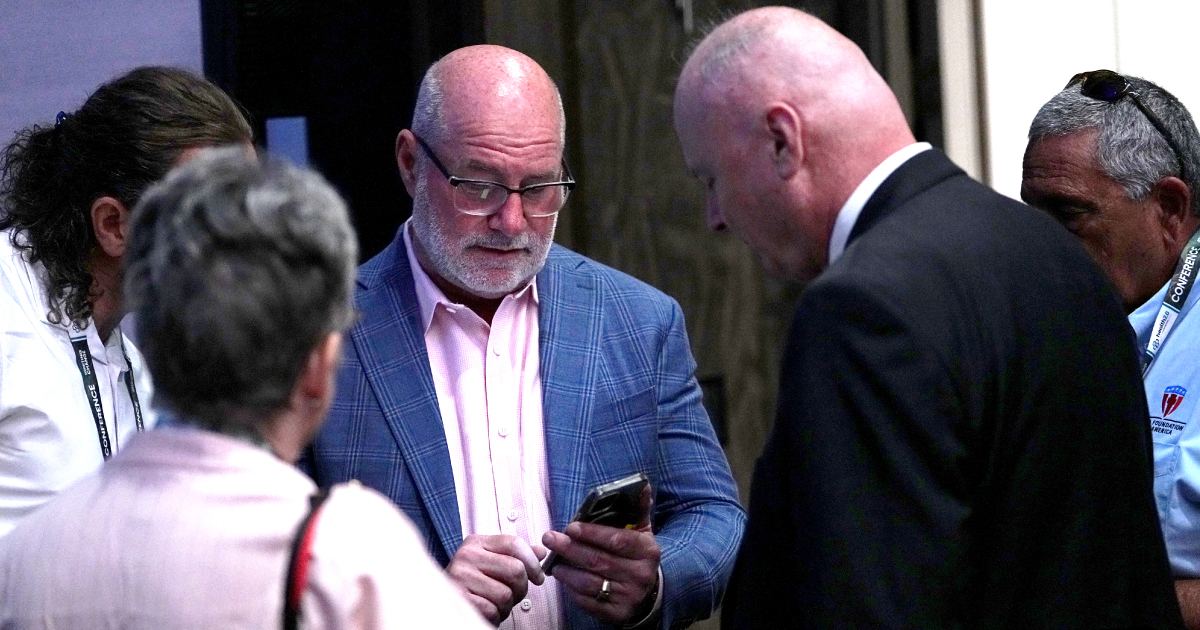The rapid adoption of robotics can prove to be a game-changer for the healthcare industry. In addition to radically boosting the quality of care, it holds the key to better surgical outcomes, quicker recovery times, and of course, less invasive surgeries.
Benefits Of Robotics In Healthcare
Because of their wide range of applications, robots have already entered hospitals and healthcare institutions. From supply delivery, pill administration, and meal deliveries during the COVID-19 pandemic, to engaging with patients, robots are slowly on the way to becoming an integral part of our healthcare systems.
As has been noted at multiple healthcare conferences in the USA, the future of robotics looks promising. They are transforming how surgeries are conducted. For instance, complicated micro procedures are now possible, thanks to AI-enabled surgical-assistance robots that help make precise incisions and allow better visibility. Remote surgeries have become a reality (where surgeons remote control robots from their facilities and operate on patients who might be thousands of miles away) because of the strides made in this field. Let’s get a more detailed look at the pros of embracing robotics in the healthcare world.
Can be used to enhance training: Robotics can play a huge role in equipping surgeons-in-training with the skills they need. They can practice procedures with the help of controls, while doctors can also hone their disease detection capabilities by interacting with robots that present a variety of symptoms. Robots can also be programmed to imitate fast breathing, crying, and pretend to be in pain. This can be helpful for first responders as they get the experience of working under pressure and time constraints.
Reduces the risk of infection: Robots help increase the mental and physical well-being of patients who have been operated upon by facilitating minimally invasive, less painful procedures. Because of this, they can be discharged quickly and are also at a lesser risk of blood loss and infections. Not only does it save costs, but it can go a long way in lowering a hospital staff’s workload.
Can be programmed to perform complicated surgeries: Did you know that orthopedic and bariatric surgeries can be now conducted with the help of preprogrammed robots with smart robotic arms and capabilities for hyper-intelligent analysis and magnification under the supervision of surgeons? That’s right.
Enhances patient and staff safety: Service robots can help protect healthcare workers without compromising the quality of care. This includes transporting and changing linen, helping to lift heavy objects, and also disinfecting hospital premises to mitigate the spread of viruses and germs.
Conclusion
While there are so many perks, in no way does this mean that there are no challenges or disadvantages involved when we integrate robotics into the healthcare world. There is always room for mechanical errors with robots. Robotic tools and technologies are also yet to enter developing nations and continue to be found only in advanced care hospitals and research facilities. This is a serious topic of discussion at various healthcare conferences in Dubai, including the Health 2.0 Conference.
In addition to this, the 21-st century workforce needs to be trained in order to be able to work alongside as well as with such robots, so healthcare practitioners definitely have their work cut out for themselves. However, it can be safe to say that in the coming years, interest in robotics will only go up given the many benefits it brings for patients and healthcare providers.




